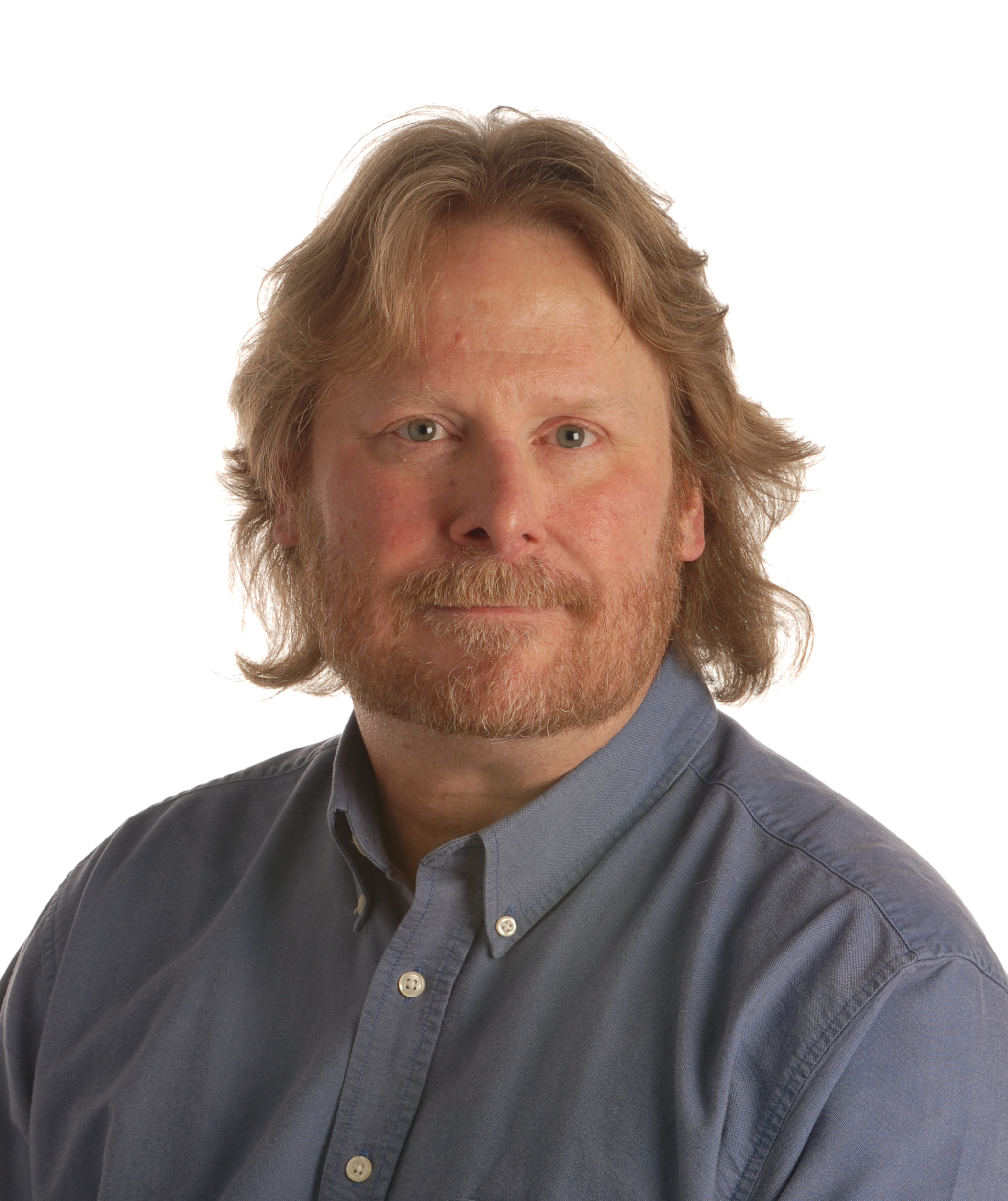When Karen Henderson first taught "War Atrocities on Film," a course at the University of Tennessee at Chattanooga, most of the students knew about the Holocaust in World War II and had some idea of what happened during the Vietnam War.
But they were unfamiliar with the Bosnian War and Rwandan genocide of the early 1990s. Even the name Abu Ghraib, the prison where Iraqi prisoners were tortured by soldiers from the U.S. Army and other countries, didn't ring a lot of bells.
They knew about all of them by the end of the semester.
"Their eyes were opened; they really had no idea," says Henderson, a film lecturer at UTC. "They were all quite disturbed by what people do to other people and have done to other people, really for no other reason than they could."
She's hoping a similar eye-opening experience happens in January when she teaches the course again. Among the films she will screen are "Hearts and Minds," a documentary about the Vietnam War, "Sometimes in April," a feature film set in Rwanda, and "Shot Through the Heart," a feature about the Bosnian War.
"I'm really interested in movies about the human condition. I'm really interested in movies that make us better people," Henderson says. "I'm interested in movies as art, and in movies that have the power to change people for the better."
Despite its title, the course isn't strictly filled with films. There also are books to read such as "Rape: Weapon of War and Genocide" - "That's continually an atrocity done in all conflicts," she says - and the Vietnam War-focused "Kill Anything That Moves."
Students will also keep a journal to record their personal thoughts about what they've seen.
She stresses that she comes at the subject of wartime atrocities through the eyes of a film lover, not a historian. To that end, when students write the class's research paper, they must discuss filmmaking elements of the movies, not just the subject matter.
But she also wants students to understand the causes of the atrocities, how humans can so casually kill, rape and maim others, even people they already know.
Her hope is that once they've taken the class, students have broadened their horizons, even if those horizons start with unpleasant beginnings.
"I just hope the students, for the rest of their lives, will have their ears up a little bit more when they're listening to the news, and care about humanity," she says. "Hopefully, we can see all human life as being valuable."
Contact Shawn Ryan at mshawnryan@gmail.com.

